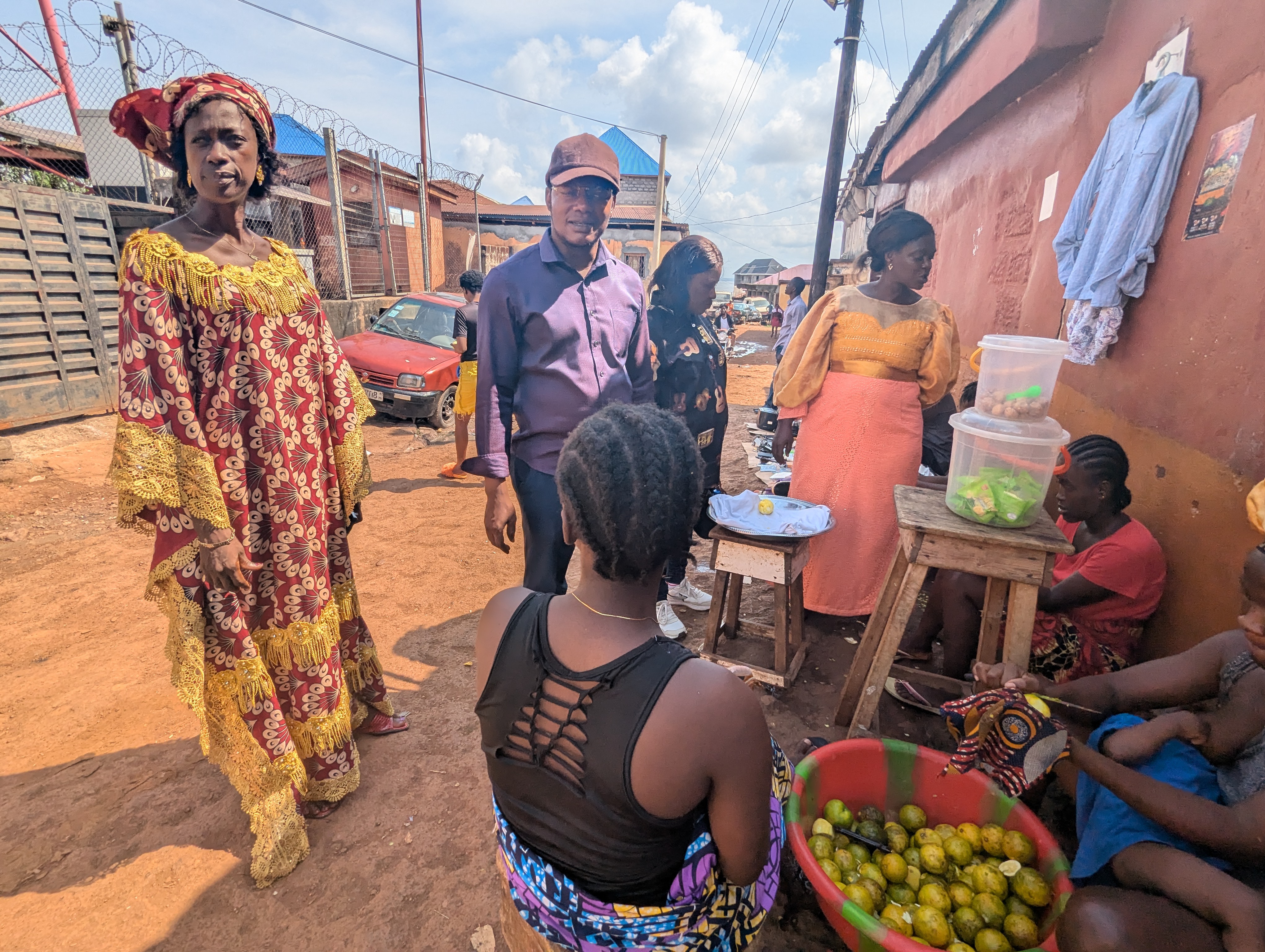Corruption not only erodes public trust in government and democratic institutions, it also affects negatively budgets and national economies. The European Commission seeks to enhance public trust in government and institutions by combating corruption in the European Union (EU) and Member States.
Búsqueda
Region
Country
Type
This is a series on the process of democratic accountability as defined by its three main principles: answerability, responsiveness and enforceability.
Disclaimer: Views expressed in this commentary are those of the staff member. This commentary is independent of specific national or political interests. Views expressed do not necessarily represent the institutional position of International IDEA, its Board of Advisers or its Council of Member States.
As Myanmar continues its democratic transition, the pace of dialogue on constitutional issues has accelerated and so has the demand for comparative lessons on questions of federalism and the constitution.
More than 100 parliamentarians, staff from Myanmar’s Union Parliament, and senior officials from ministries participated in a two-day conference in Nay Pyi Taw on 1-2 July 2017 to discuss practical means for enhancing Myanmar’s budget, planning and audit process through greater cooperation.
The first class of International IDEA’s Youth Democracy Academy graduated on 17 July in a ceremony attended by representatives of organizations who will be hosting the alumni as interns for the next six months and representatives from International IDEA Member States.
The most evident difference between the UN’s former Millennium Development Goals (MDGs) and the current Sustainable Development Goals (SDGs) is the inclusion of a goal addressing peace, justice and strong, inclusive institutions. Given that the goals were formulated through an inclusive and deliberative process, the SDGs also provide opportunities for people-centred monitoring of their progress on the national level.
The challenge of migration to democracy
“No citizens, no true democracy” is a widely held perception in academic research and among democracy building practitioners. Previous research from advanced democracies has shown that democratic citizenship and political engagement develop early in life and thereafter stay relatively unchanged. So, how do we build democratic citizenship in transitioning countries, how do citizens learn to be democratic and what role do young people have?
The Union Election Commission of Myanmar held a Post-Election Review Conference in Yangon, Myanmar, on 22-23 June 2017. The conference brought together a wide array of stakeholders to discuss some of the key lessons learned during the 2017 by-elections, and to build on those achievements for the preparation of the 2020 general elections.
في خضم الأحداث التي مرت بها المنطقة العربية منذ عام ٢٠١٠، ظهرت حاجة ملحة لتأسيس بيت خبرة عربي يُعنى ببناء وإصلاح الدساتير العربية. واستجابة لتلك الحاجة، تلاقت مجموعة من مختلف الدول العربية، من المهتمين بالإصلاح الدستوري والملتزمين بالتحول الديمقراطي في الدول العربية، بهدف تأسيس منبر عربي للقانون الدستوري.
Today, nearly two-thirds of the world’s countries provide political parties and/or candidates with public funding, through either monetary or indirect financial support such as subsidised access to media.
International IDEA’s newly released film LGBTI Political Inclusion Journeys follows the trajectories of Lesbian, Gay, Bisexual, Transgender and Intersex (LGBTI) groups in Malawi and Nepal, aiming to showcase strategies for political inclusion of LGBTI people as a principle of democratic participation in public life.
No voice should be left unheard. No one should be left behind. No one should be subject to any form of exclusionary rhetoric. For democracy to be sustainable, International IDEA believes that democracy should allow each and every citizen to participate in political processes and represent their interests and concerns.
International IDEA's Latin America and Caribbean programme responds to requests from actors in Paraguay to build capacity through technical assistance, comparative applied knowledge resources and by providing a space for dialogue.
As in most African countries, gender inequalities remain a major challenge to human development in Côte d’Ivoire . Though women’s and girls’ condition significantly improved since Côte d’Ivoire’s independence, they still face challenges, especially in health, education, labour, access to home ownership and justice, entrepreneurship, political representation and inclusiveness, that negatively impact women’s empowerment.
The historic practice of exclusionary politics in Nepal gave birth to a strong demand for a new constitution to embrace inclusive politics. The recent political transition from a unitary centralized governing system, to a federal democratic republican system of governance, is a major paradigm shift that comes with enhanced hopes for equal opportunities in state institutions and the democratic process.
Many Eastern European countries have a bad reputation when it comes to corruption and to political corruption in particular. The widespread public mistrust of political parties and politicians in the region is fuelled by the obscure origins and amounts of money that parties and candidates receive and spend. Although the laws and regulations governing such political finance have been much improved and sharpened in recent years, there are still huge challenges in terms of implementation.
"I am grateful for the honor of receiving this award that bears the illustrious name of Guillermo O' Donnell. My words of gratitude for all those who decided to bestow this award on me; I note in particular Gabriela Ippolito, who has displayed the persistence and commitment to continue and to disseminate Guillermo’s foundational work. I take it as recognition of so many thousands of Latin Americans who have struggled in times of dictatorship and are devoted now to improving and consolidating democracy"
The Office of International IDEA to the EU (EUO), with the support of the Tunis office, hosted a stand at the annual European Development Days (EDD), held in Brussels during 7-8 June 2017. The annual EDD event is organized by the European Commission to gather the global development community to share ideas and experiences, and inspire future action and partnerships.
